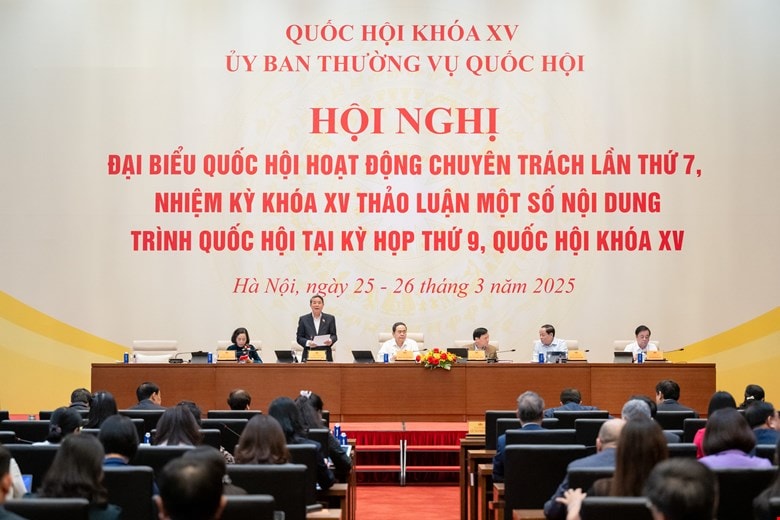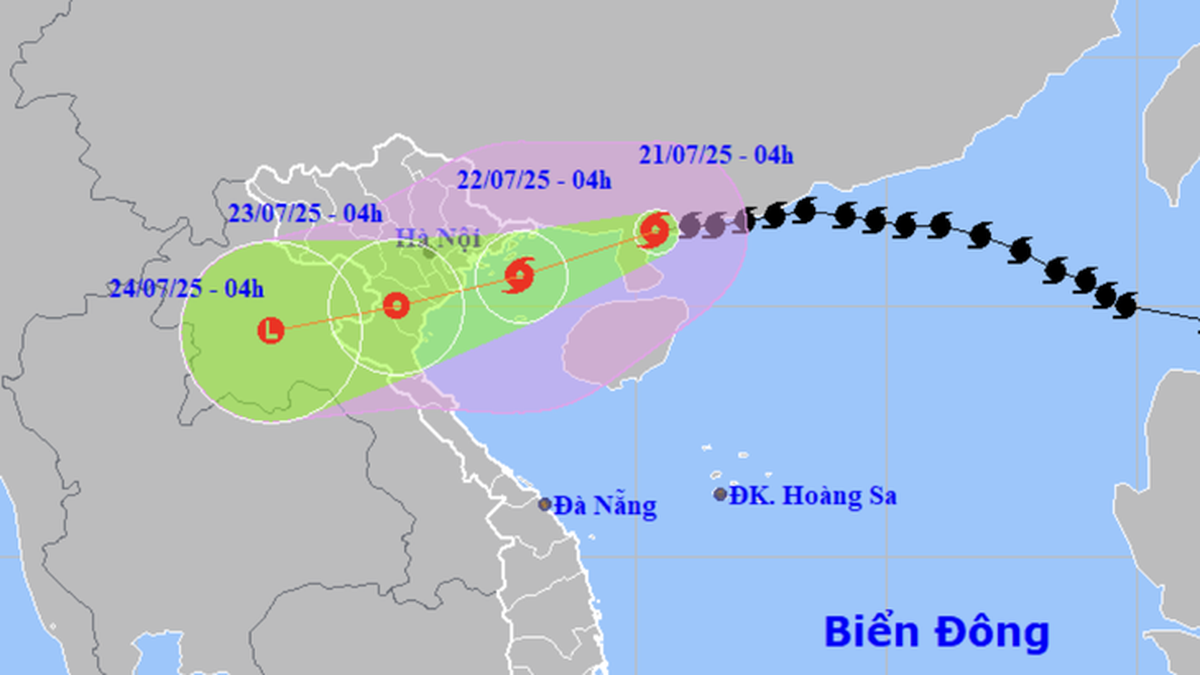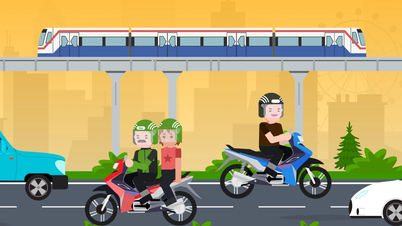Some opinions say that applying the tax rate for pickup trucks to the same level as other types of cars is inappropriate. Some opinions suggest considering and clarifying the basis for proposing a tax rate of 60% for regular cars.
On March 26, full-time National Assembly deputies gave their opinions on the revised Law on Special Consumption Tax (SCT). Regarding the proposal to increase tax on pickup trucks, deputy Nguyen Thi Viet Nga ( Hai Duong delegation) suggested having a roadmap for tax increase instead of a one-time increase as in the draft Law.
According to Ms. Nga, according to the current Special Consumption Tax Law, this type of vehicle is subject to a special consumption tax rate of 15%-25%. If applied as proposed in the draft Law (the tax rate will be 60% of passenger cars with the same cylinder capacity), the tax rate could increase to at least 9% or double in some cases.
Specifically, the draft Law proposes a special consumption tax rate for double-cabin pickup trucks: equal to 60% of the rate for passenger cars. Thus, the new tax rate for this vehicle will increase from 15%-20%-25% to 24%-36% and 54%.

Ms. Nga assessed that increasing the tax rate at once will affect customers' psychology, reduce car consumption, leading to a decrease in sales of this car line and will cause hundreds of people to lose their jobs, reducing the State budget's revenue from related tax lines such as import tax, registration fee, license plate fee, value added tax of both domestically produced and imported cars.
From there, Ms. Nga proposed that there should be a roadmap for increasing the special consumption tax rate for double-cabin pickup trucks in 3 years (from 2027-2030). Accordingly, the additional increase of 3%/year is equivalent to dividing the increase by 9% in 3 years from 2027 instead of increasing 9% to more than 20% at once as at present.
Delegate Nguyen Van Canh (Binh Dinh Delegation) also said that in the US, pickup trucks are very popular, intended for rural areas, and some urban people use them to transport goods. In Thailand, the main purpose is agriculture , while in Vietnam, they are used in urban and rural areas.
According to Mr. Canh, in some places, pick-up trucks are not allowed to run in urban areas during rush hours, and are treated like trucks. Therefore, if we treat pick-ups like trucks, urban traffic will also be treated like trucks. However, if we treat pick-ups like cars, then the roads that allow cars to run must allow pick-ups to run, which is appropriate in taxing this type of vehicle to ensure fairness in the use of cars.
In the report explaining, accepting and revising the draft Law on Special Consumption Tax (amended), the Economic and Financial Committee said that during the process of commenting on the draft Law, some opinions suggested considering the roadmap and appropriate increase rate. Some opinions said that applying the tax rate for pickup trucks equivalent to other types of cars is not appropriate. Some opinions suggested considering and clarifying the basis for proposing a tax rate of 60% for regular cars.
The Standing Committee of the Economic and Financial Committee believes that a double-cabin cargo pickup truck is essentially a truck with the main function of transporting goods, serving small and medium-sized businesses, and is convenient and simple in transporting goods.
Therefore, according to current regulations, the special consumption tax policy for this type of vehicle is much more favorable than for other types of cars. However, double-cabin cargo pickup trucks are vehicles with a 25-year lifespan, mainly supplied to small businesses outside urban areas. If the special consumption tax rate as in the draft Law is applied, double-cabin cargo pickup trucks with a cylinder capacity of over 1,500 cm3 to 2,000 cm3 (common today) will be subject to a special consumption tax increase of 60% (from 15% to 24%) from the time the Law takes effect, which will greatly affect the production and business plans of enterprises and the investment environment of Vietnam.
From there, the Standing Committee of the Economic and Financial Committee proposed to consider the option of postponing the application of new regulations for pick-up vehicles.
Clarifying this issue, Deputy Minister of Finance Cao Anh Tuan said that according to traffic regulations, pickup trucks are treated like passenger cars, so within the Government's authority, it has proposed to impose a special consumption tax equal to 60% of the level of passenger cars.
Regarding the opinion that a one-time tax increase could have a “sudden” impact on the market, Mr. Tuan said that he is working with the Economic and Financial Committee to research and propose a tax increase roadmap. If approved, the tax will be increased over a 3-year period by 50% - 55% - 60% of the level of passenger cars.
Source: https://daidoanket.vn/de-xuat-tang-thue-xe-ban-tai-tu-2027-10302294.html






















![[Photo] National Assembly Chairman Tran Thanh Man visits Vietnamese Heroic Mother Ta Thi Tran](https://vphoto.vietnam.vn/thumb/1200x675/vietnam/resource/IMAGE/2025/7/20/765c0bd057dd44ad83ab89fe0255b783)











































































Comment (0)